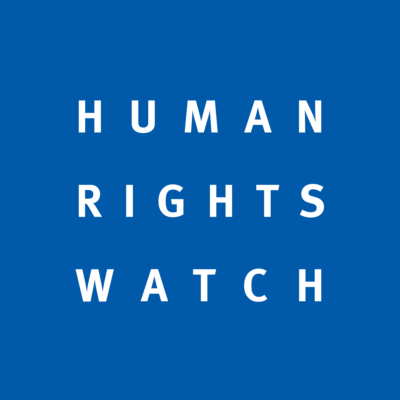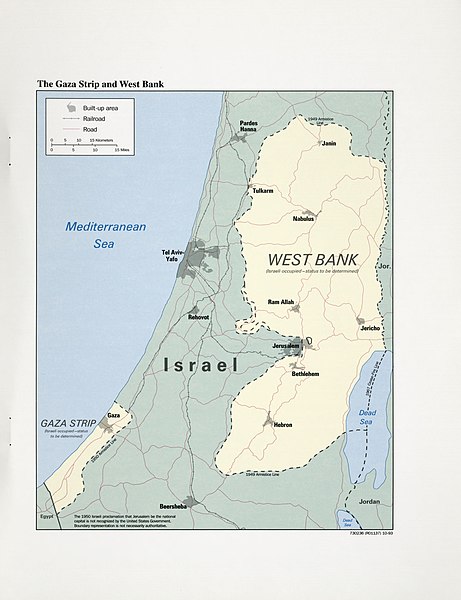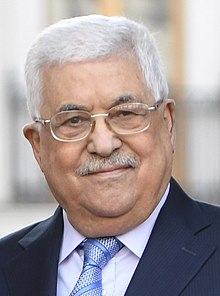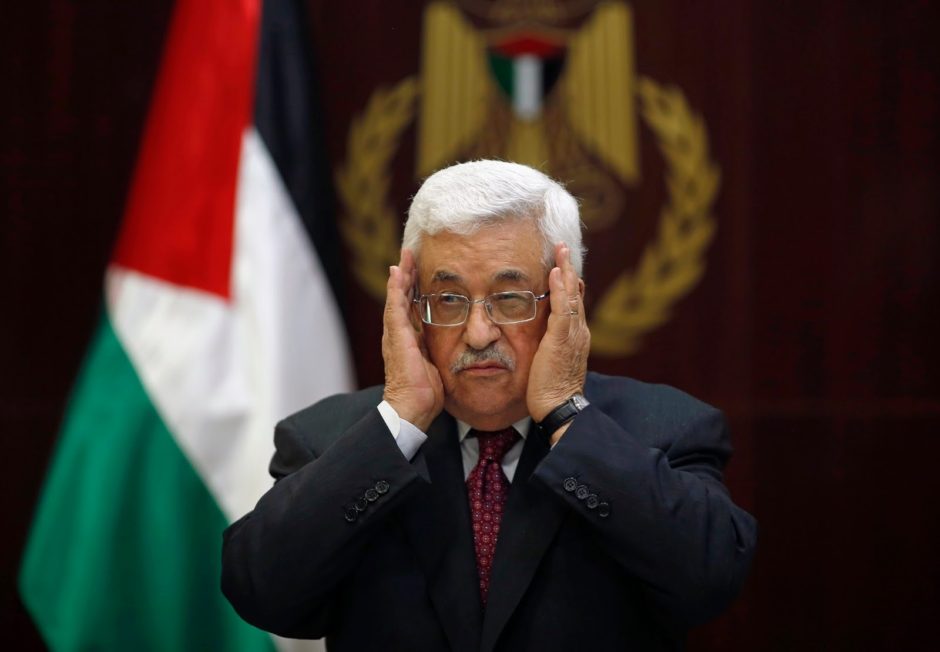The latest Human Rights Watch report on the West Bank and the Gaza Strip paints a dismal picture on the “perilous state of human rights in Palestinian self-rule areas.”

Observers of the Palestinian scene will not be surprised by revelations of arbitrary arrests and torture. Ever since the Palestinian Authority began administering Area A in the West Bank and Hamas seized control of Gaza, normal democratic rights and practices have been curtailed, much to the detriment of their inhabitants.
“Where (the Palestinians) have autonomy, they have developed parallel police states,” writes Tom Porteous, deputy program director at Human Rights Watch, in a damning reference to the Palestinian Authority and Hamas.

As expected, both dismissed the 149-page report, two years in the making and released on October 23, as biased and inaccurate. Their objections can be taken with a lump of salt. For years now, much in the time-honored tradition of Arab autocrats, Palestinian leaders have relied on the heavy hand of their security forces to amass power, privilege and wealth, emasculate democracy and crush dissent.
The glaring absence of democratic governance in the West Bank and Gaza does not mean that Israel has the right to deny the Palestinians self-determination within the framework of statehood. But it is disappointing and disheartening that the Palestinian leadership there has so little regard for democratic principles.
Human Rights Watch’s report, based on the testimonies of 140 witnesses, court documents and medical records, is a depressing document.
“Palestinian authorities often rely on overly broad laws that criminalize insulting ‘higher authorities,’ creating ‘sectarian strife,’ or ‘harming revolutionary unity’ to detain dissidents for days or weeks, only to release most of them without referring them to trial, but often leaving charges outstanding,” one incriminating passage reads.

According to the Palestinian statutory watchdog Independent Commission for Human Rights, Palestinian Authority security forces held 221 Palestinians for various periods between January 2017 and August 2018 in administrative detention without charge or trial under a regional governor’s order.
The president of the Palestinian Authority, Mahmoud Abbas, has not only tolerated such flagrant abuses, but has sanctioned beatings and the often brutal dispersal of unauthorized demonstrations, the report goes on to say.

Omar Shakir, the lead researcher of the report, told reporters in Ramallah — the headquarters of the Palestinian Authority — that abuses are commonplace in the West Bank. “When abuses happen, those who carry them out should be held responsible,” he said. “When you have impunity, abuse continues. There has been impunity for a quarter of a century.”
In Gaza, where Islamic law reigns supreme, the Hamas regime muzzles dissent by forcing detainees to promise to refrain from criticism or participate in protests before he or she is released from prison.
Taghreed Abu Teer, a 47-year-old journalist from Gaza, told the Associated Press she was held for 11 days and interrogated under “humiliating circumstances” for her activities in the rival Fatah movement, which controlled the coastal enclave until a violent Hamas coup in 2007.
Confined to a dark cell for days at a time, she was forced to stand for lengthy periods. Though not physically beaten herself, she said she could hear the screams of men being tortured nearby. And at one point, a man with a whip threatened to beat her. She still cries when she recalls this “unforgettable experience.”
“As long as I was in the cell, I was wondering what had caused me to end up here,” she said.
The Associated Press account continues: “Abu Teer said interrogators threatened to charge her with collaboration with Israel, widely feared as a stigma, and that most of the questions focused on a three-day trip she made to the West Bank, where she met senior Fatah officials and briefed them about the situation in Gaza. She said interrogators accused her of inciting the Palestinian Authority to make financial cuts and other punitive measures against Gaza, a tactic meant to squeeze Hamas. She denied all the allegations, saying she had only led protests and lobbied for ending the Hamas-Fatah split.
While Abu Teer was never charged, Hamas officials advised her “to be quiet” and focus on her home and family, “which I considered a veiled threat rather than advice,” she said.
Human Rights Watch urges foreign donors, particularly the United States and European countries, to suspend aid to security agencies in the West Bank and Gaza accused of abuse. This is not likely to happen in the near future. While the United States has in recent weeks cut funding for health and education services for Palestinians, including all its support for the United Nations Relief Works and Agency, it continues to channel funds to security forces.
Iran, Qatar and Turkey, which back Hamas financially, should also suspend assistance to agencies that routinely torture dissidents, the report says.

Shawan Jabarin, the executive director of the Palestinian human rights organization al-Haq and a member of the Human Rights Watch Middle East and North Africa Advisory Committee, believes that Israel’s occupation of the West Bank and its siege of Gaza does not mean that Palestinian security forces have carte blanche to behave badly.
As he said, “The fact that Israel systematically violates Palestinians’ most basic rights is no reason to remain silent in the face of the systematic repression of dissent and the torture Palestinian security forces are perpetrating.”
Exactly.
